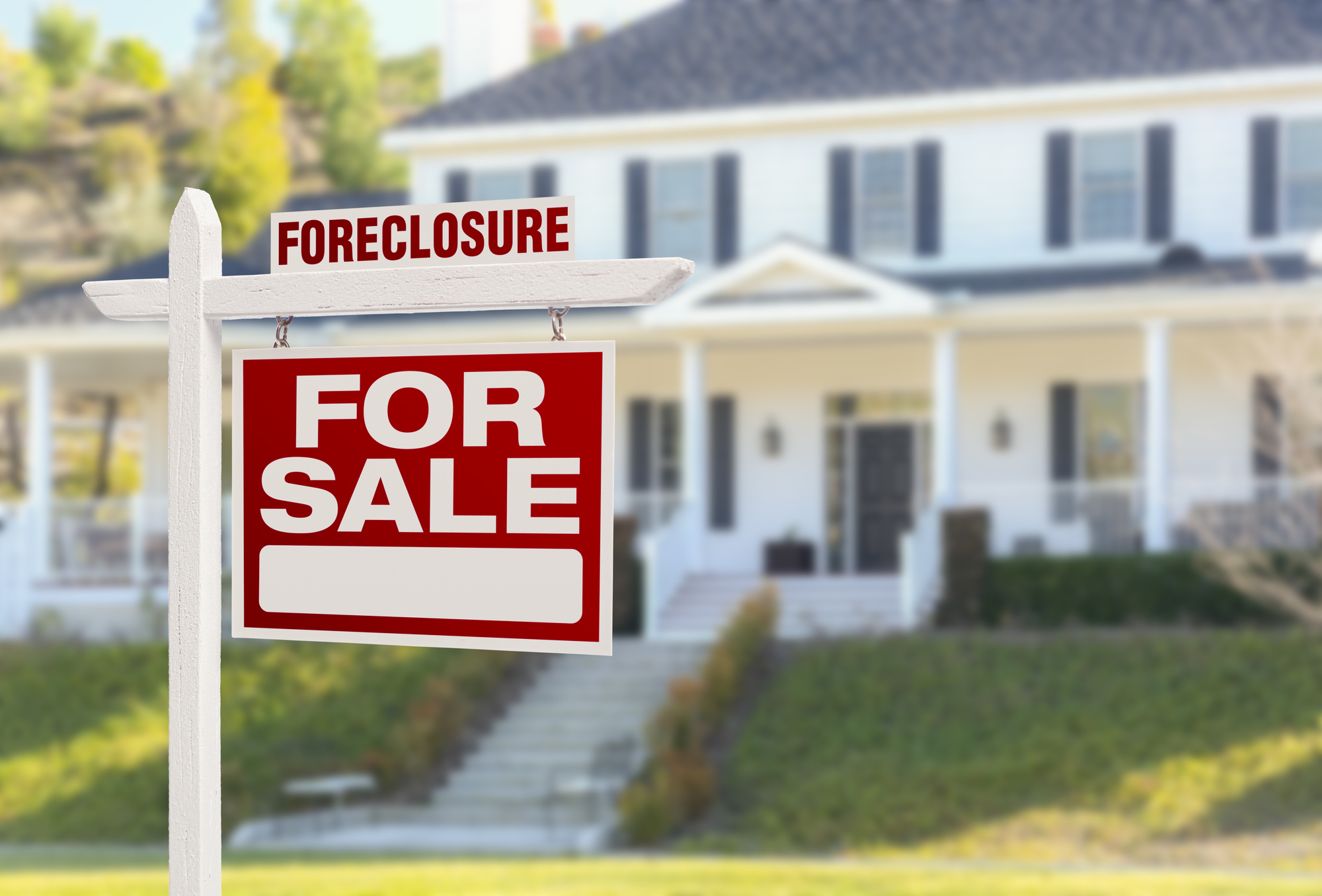Facing Foreclosure: How To Do A Short Sale To Prevent Foreclosure
If you’re facing a foreclosure, your life is about to transform. But that transformation needn’t be your undoing. Learn how to short sell your properly to prevent the worst aspects of your loss.
Foreclosures don’t ruin lives. It’s the steps homeowners take before that do. If you’re facing foreclosure, acknowledge you have a lot to do in the short term.
You can prevent catastrophic losses to finances and credibility. A short sale is your saving grace to reducing the blow of foreclosure. But you need to learn the right steps to make your short sale succeed.
In this post, we’ll show you how to have a successful short sale so you can prevent foreclosure.
Here’s How a Short Sale Helps If You’re Facing Foreclosure
Foreclosures occur when mortgage payments have stopped. This can be due to financial struggles or abandonment. Your lender will file an NOD and soon after scheduling an auction for the property.
You have an opportunity to sell your home before that auction is scheduled. If you get a likely buyer, your lender is obligated to consider it. They might consider it an opportunity to avoid the hassle of reselling themselves.
This is called a short sale. A short sale is a sale in which a house is sold under market value. It’s a common way for homeowners and lenders to recoup financial losses when facing a foreclosure.
Getting a buyer relieves you of some of the financial damage of the transition. It protects you from the worst credit damage as well.
5 Steps to Completing a Successful Short Sale
You have a very short time span to sell when facing foreclosure. And buyers aren’t already knocking down your door. How can you turn things around when you’re new to this entirely?
There are a lot of moving parts to a short sale. You, the buyer, and the bank all have incentives to see it through. The following five steps will help you make it happen.
1. Notify Your Lender of Your Intentions
When a foreclosure is imminent, your lender will begin making plans to close and resell the property. Your loan documents will have specific details for the event of a foreclosure. Review your rights so you know what options and time you have for a short sale.
Not all properties qualify for a short sale. Your lender must agree to these terms before you can carry it out. You need to take action to this end, whether or not it seems possible.
You will need to work within those limits to sell your property. Remember, your lender has the incentive to see your property sold. No matter the terms, be sure to frame it this way when you speak.
If your lender ultimately agrees, they will be accepting less than the total amount you owe. They will be writing off those losses as a convenience against reselling the house. Maintaining homes is costly, and auctions themselves are unpredictable.
But for your lender to agree, you need a buyer. And securing a buyer is the real challenge.
Your next move at this stage is to submit a letter of authorization. This permits the lender to talk with relevant parties about your loan. This is a good way to invite future cooperation with your lender as you proceed.
Finally, submit a hardship letter. The sadder the letter, the better. It’s another tool to convince your lender to accept less than the value of your loan.
2. Contact an HUD-Approved Housing Counselor
The U.S. Department of Housing and Urban Development (HUD) provides free counseling for homeowners facing foreclosure. These professionals help you understand your rights and options.
Specifically, HUD counselors provide ‘foreclosure avoidance counseling.’ Your counselor will introduce a wide range of options available. They might even help you facilitate your short sale.
Your first step is to meet with the counselor and discuss your financial situation. You’ll address your personal finances before figuring out what options are best for you. Bring all of your government and financial information when you attend.
Avoid private foreclosure prevention companies. They seek to capitalize on your problem. They may offer some assistance, but eventually, they must be paid.
3. Prioritize Your Finances
Regardless of your decision, you need to free up cash. You may be facing fees in addition to arranging your short sale. Start by cutting spending on non-essential recurring services.
If you have other debts, consider deferments or forbearances. You will want to become more settled before you continue paying them off. Consider folding other rental properties and special memberships as well.
Finally, consider selling some assets. You will be moving soon, so take stock of valuable items in your home. This would be a good time to sell any unnecessary vehicles or leisure items as well.
Once you have your finances in line, you’ll want to show your lender. You will need to justify all unusual transactions in your accounts. Your lender won’t sympathize if you’ve recently bought something lavish.
It will help if your lender sees you’re tightening your belt. The lender will understand facing foreclosure is something you’re taking seriously.
4. Facilitate the Short Sale
Attracting a buyer isn’t easy. But you can work with your HUD counselor to adopt the best methods. You’re selling below market value, so you have that working for your form the start.
Advertising a short sale is easier than in the general market. That’s because, in the housing market, short sales are few and far between. Buyers looking broadly may jump on an opportunity to save money.
Start with simple signs with your phone number or email address. You can use public postings and affordable ads to market to buyers. Word of mouth works also – someone will know someone interested in a house.
If time has passed with no buyer, you must buy time with your lender. Create a comparative market analysis to show how market conditions are hurting your chances. Your lender will realize that universal problem and possibly give you more time.
5. What to Do After Your Short Sale
You might need to try a few offers before your lender agrees. When the lender does, you will have averted the worst possible outcome. You will be free of your financial obligation and ready to move forward.
You will still need to recover from the damages. The short sale process may have left you with less money and fewer possessions. You need to find a new home, but your credit score will be down.
Remember, a foreclosure is much worse. Hopefully, you have a fresh perspective on life. You’ve relieved yourself of a financial burden, and it’s time to move forward.
Learn More from Short Sale Blog
You’ve just learned what to do when facing foreclosure.
But do you know about the emotional fallout of a short sale? How about buying in a short sale and your financial future?
We’re ready to share more or hear some of your great ideas. Contact us and let’s start a conversation.




Leave a Reply
Want to join the discussion?Feel free to contribute!